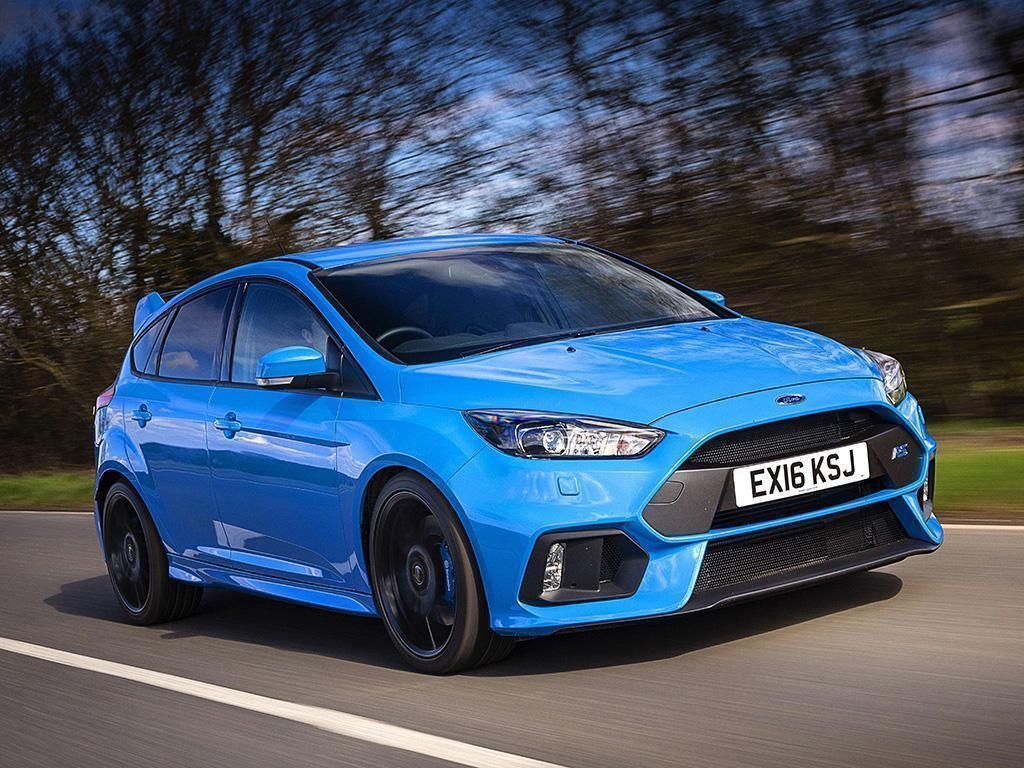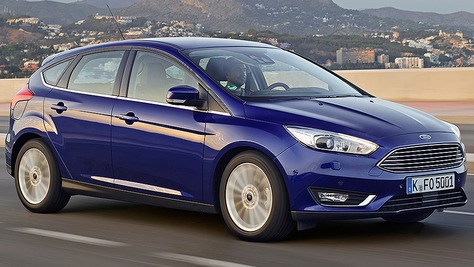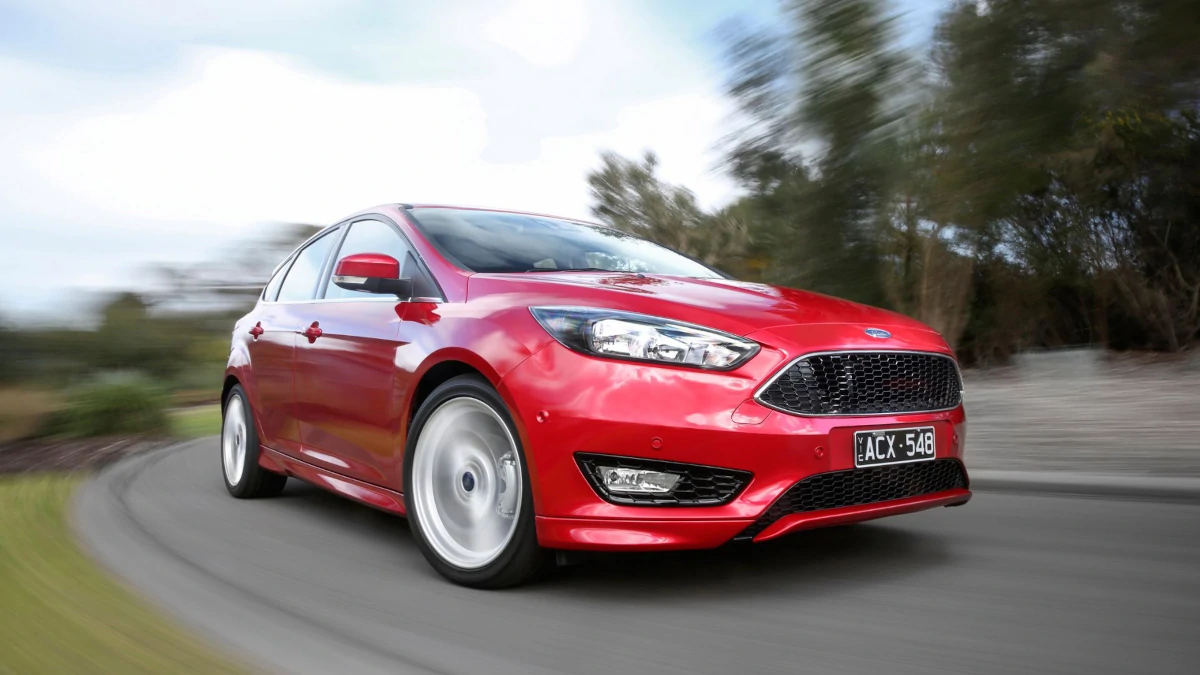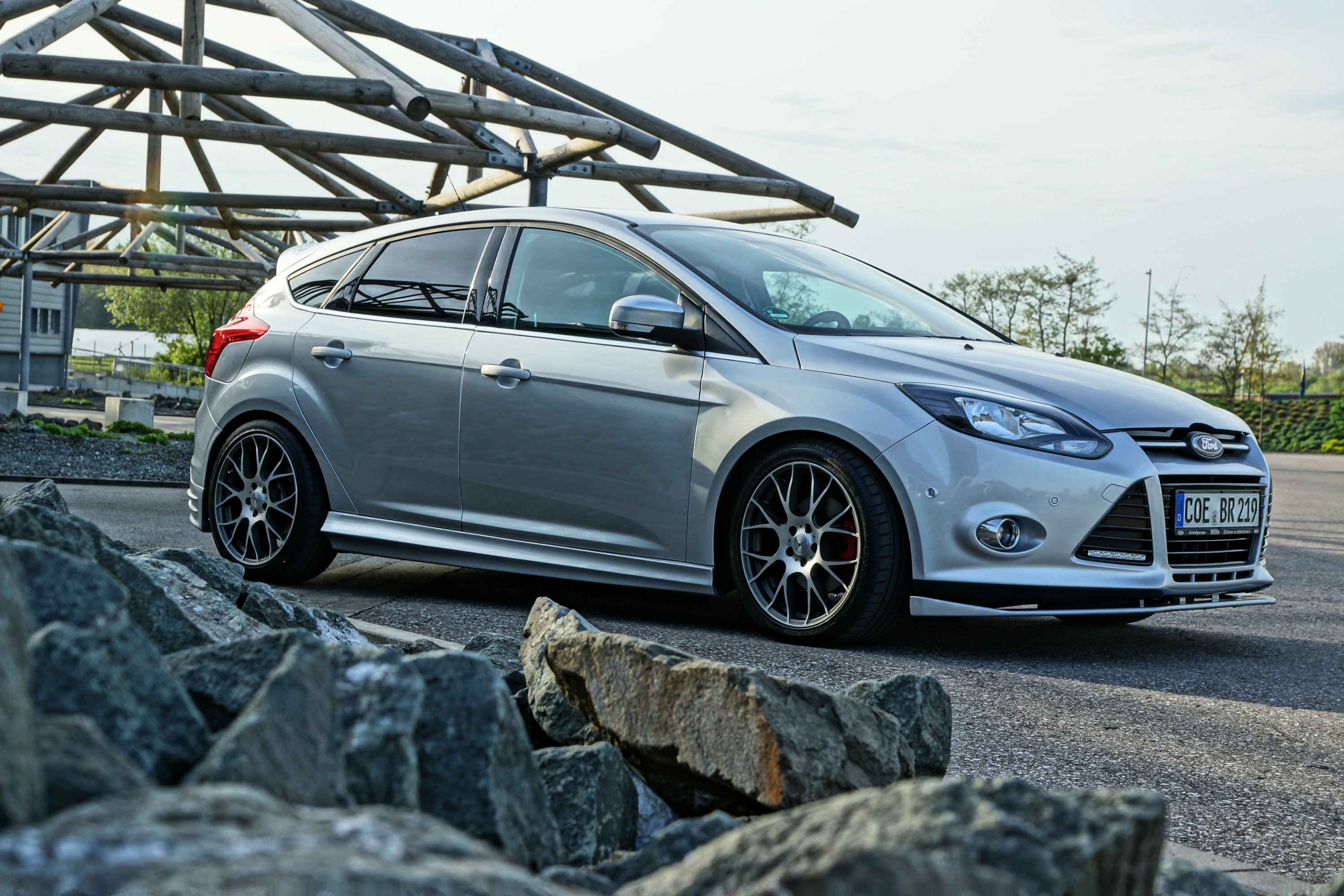The Ford Focus MK III: Is It Still a Good Car? A Comprehensive Review
The Ford Focus MK III, produced from 2011 to 2018, was a global success for Ford. Praised for its sharp handling, stylish design, and fuel efficiency, it became a staple on roads worldwide. But years have passed, technology has evolved, and used car markets are flooded with these models. So, the question remains: Is the Ford Focus MK III still a good car in today’s market? This article dives deep, examining its strengths, weaknesses, and overall value proposition to help you decide if it’s the right vehicle for you.
A Look Back: The Ford Focus MK III’s Highlights
Before we delve into the specifics of its current relevance, let’s recap what made the Focus MK III a popular choice in its prime:
- Stylish Design: The Kinetic Design language gave the Focus a modern and attractive look, inside and out.
- Excellent Handling: The Focus was renowned for its engaging driving experience, offering precise steering and a planted feel on the road.
- Fuel Efficiency: A range of efficient engines, including the award-winning EcoBoost, delivered impressive fuel economy.
- Technological Features: The Focus boasted a surprising array of tech for its time, including features like Ford SYNC infotainment, parking assist, and lane departure warning (depending on the trim level).
- Variety of Body Styles: Offered in hatchback, sedan, and wagon configurations, catering to diverse needs and preferences.
Engine Options and Performance: What to Expect
The Ford Focus MK III came with a diverse range of engine options, influencing its performance and overall suitability:
- Petrol Engines:
- 1.0L EcoBoost: A popular choice, known for its fuel efficiency and surprisingly peppy performance.
- 1.6L Ti-VCT: A more traditional engine, offering a balance of power and economy.
- 1.5L EcoBoost: Available in later models, providing improved performance and efficiency.
- 2.0L Naturally Aspirated (Sport/ST models): Delivers more power and a sportier driving experience.
- 2.0L EcoBoost (ST and RS models): High-performance variants offering significant power and exhilarating acceleration.
- Diesel Engines:
- 1.5L TDCi: A fuel-efficient option, ideal for long-distance driving.
- 1.6L TDCi: Another diesel option, known for its economy.
- 2.0L TDCi: Provides more power and torque for a more relaxed driving experience.
Important Note: While the EcoBoost engines are generally praised, some early models experienced coolant leaks and oil consumption issues. Thorough inspection and maintenance history are crucial when considering these engines.
Common Problems and Reliability Concerns
No car is perfect, and the Ford Focus MK III has its share of potential issues to consider:
- Dual-Clutch Transmission (Powershift): Found in some models, this transmission has a reputation for reliability issues, including shuddering and premature failure. Avoid this transmission if possible, or thoroughly research its service history.
- Water Pump Issues: A common problem, particularly with the 1.0L EcoBoost engine.
- Clutch Issues: Some manual transmissions have reported clutch failures.
- Electrical Problems: Some owners have reported issues with the infotainment system, sensors, and other electrical components.
- Rust: While not a major concern, check for rust, especially in older models, particularly in areas prone to road salt.
Before Buying, Be Sure To:
- Get a Pre-Purchase Inspection (PPI): A professional inspection can identify potential problems before you commit to buying.
- Check the Service History: A well-maintained car is less likely to have issues.
- Test Drive Thoroughly: Pay attention to the transmission, engine performance, and any unusual noises or vibrations.
Interior and Practicality: Living with the Focus MK III
The Focus MK III offers a comfortable and practical interior:
- Good Space: Offers ample space for passengers in the front and rear, especially for a car in its class.
- Decent Boot Space: The hatchback and wagon models provide more cargo capacity than the sedan.
- User-Friendly Controls: The dashboard layout and controls are generally easy to understand and operate.
- Comfortable Seats: The seats offer good support for long journeys.
- Infotainment System: The Ford SYNC system (depending on the model year and trim) can be a bit dated compared to modern systems, but it still provides essential features.
The Ford Focus MK III in Today’s Market: Value for Money?
The Ford Focus MK III can still represent good value for money, particularly if you prioritize:
- Affordable Price: Used Focus MK IIIs are generally available at competitive prices, making them an accessible option.
- Good Fuel Economy: The efficient engines, especially the EcoBoost and diesel options, help keep running costs down.
- Engaging Driving Experience: If you appreciate a car that’s fun to drive, the Focus MK III delivers.
However, consider these factors:
- Age and Mileage: The older the car, the more likely it is to require maintenance and repairs.
- Potential Reliability Issues: Be prepared for potential problems and factor in the cost of repairs.
- Technology: The infotainment system and safety features may feel dated compared to newer vehicles.
Conclusion: Is the Ford Focus MK III Still Worth Buying?
The Ford Focus MK III can still be a good car, but it’s essential to approach the purchase with realistic expectations and thorough due diligence. Its stylish design, engaging handling, and fuel efficiency remain attractive qualities. However, potential reliability concerns, particularly with the Powershift transmission and certain engines, require careful consideration.
Ultimately, the Ford Focus MK III’s value depends on the specific model, its condition, and your individual needs and budget. If you find a well-maintained example with a good service history and are prepared for potential maintenance, it can provide a rewarding driving experience and excellent value. However, a pre-purchase inspection is crucial, and considering alternative options might be wise if reliability is your top priority.
Frequently Asked Questions (FAQs)
1. What is the most reliable engine in the Ford Focus MK III?
Generally, the 1.6L Ti-VCT petrol and the diesel engines (1.5L TDCi and 1.6L TDCi) are considered more reliable compared to the 1.0L EcoBoost and the Powershift transmission. However, proper maintenance is crucial for all engines.
2. Should I buy a Ford Focus MK III with the Powershift transmission?
The Powershift transmission is known for reliability issues. While some owners have had positive experiences, many have reported problems. If you are considering a Focus with the Powershift, thoroughly investigate its service history and consider a test drive to check for any shuddering or unusual behavior. Consider a manual transmission as a safer option.
3. How much should I expect to pay for a used Ford Focus MK III?
Prices vary depending on the year, mileage, condition, and trim level. However, you can generally find used Ford Focus MK IIIs at competitive prices, often in the range of $6,000 to $15,000, depending on the factors mentioned above.
4. What are the common maintenance costs associated with the Ford Focus MK III?
Common maintenance costs include regular oil changes, filter replacements, and tire rotations. Depending on the engine, you may also need to budget for spark plug replacements, timing belt replacements (on some engines), and potential repairs associated with the water pump or transmission.




